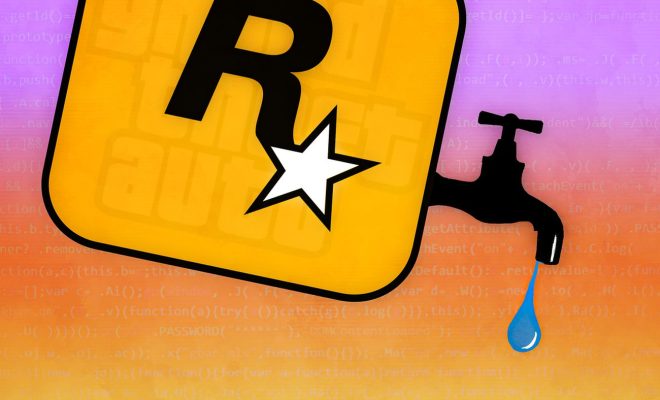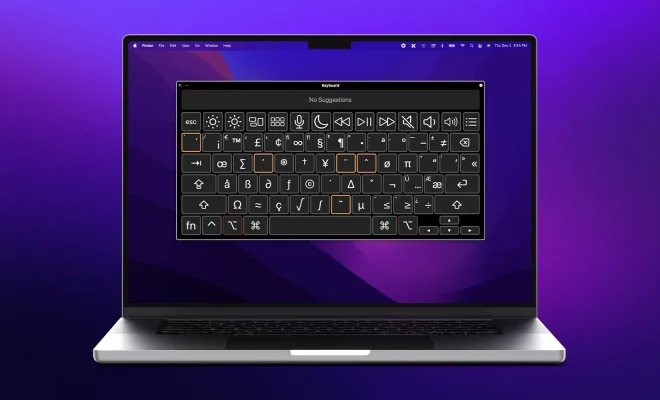How Do Major Games Studios Suffer Leaks?

Major game studios are constantly battling against leaks, which can damage their reputation, undermine their marketing efforts, and potentially spoil the surprise of new game releases. But how do these leaks happen and what can studios do to prevent them?
One common way that leaks occur is through data breaches or hacking. A hacker may attempt to gain access to a game studio’s servers or email accounts in order to steal confidential information or content. In 2011, the game studio, Square Enix, suffered such a breach that led to the leak of personal information for approximately 25,000 customers. More recently, in 2020, Crytek suffered a data breach in which the hackers leaked the source code of the game, “Crysis 3.”
Another way leaks happen is through insider information. Employees or contractors working on the game may accidentally or purposely disclose sensitive details about the project. In 2016, a senior designer at Ubisoft Montreal leaked footage of the then-unannounced game, “Watch Dogs 2,” and was subsequently fired. Similarly, in 2018, it was discovered that a former employee at Telltale Games leaked information about the studio’s closure and the cancellation of their “Stranger Things” game.
Leaks can also happen during the distribution process. Copies of the game may be stolen or sold early by retailers, leading to the release of gameplay footage or spoilers ahead of the official launch. In 2013, the game “Grand Theft Auto V” suffered such a leak, with copies being sold early by retailers in several European countries.
So, what can studios do to prevent leaks? One of the most effective strategies is to enforce strict security protocols and training for employees and contractors. This includes using strong passwords, avoiding sharing sensitive information via email or messaging apps, and being vigilant for any suspicious activity. Additionally, studios can use non-disclosure agreements to legally prohibit the sharing of confidential information.
Another approach is to limit the number of individuals with access to sensitive information. This can involve compartmentalizing teams and assigning specific responsibilities to prevent too much access and sharing of information beyond those who need to know.
Ultimately, the best way for studios to prevent leaks is to foster a culture of respect for confidentiality and a sense of ownership in the product. This means regularly communicating the importance of confidentiality, incentivizing employees to follow security protocols, and making sure that actions are taken against any breaches or leaks in order to maintain the integrity of the studio’s products and reputation.
In conclusion, leaks can be a significant problem for game studios, resulting in negative impacts on their brand, marketing efforts, and fanbase anticipation. By implementing strict security protocols, limiting access, promoting confidentiality, and taking action against any leaks, studios can proactively minimize the risks of leaks going forward.






